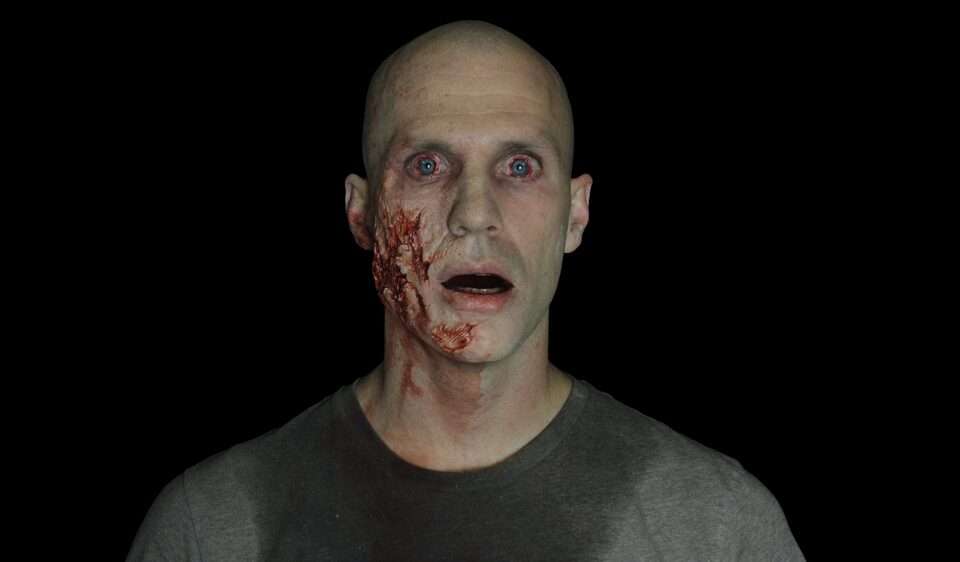Opioids, including the illegal drug, heroin, and pain relievers prescribed by doctors, such as oxycodone, are highly addictive substances. Opioid addiction after surgery is common, and many individuals tend to build a tolerance to the drug, creating physical dependency. Typically, Vicodin, OxyContin, and Percocet are the opioids prescribed to patients dealing with intense pain after surgery. Due to the risk of addiction and overdose, are alternatives a reasonable choice?
Signs and Symptoms of Opioid Addiction
Morphine, Codeine, and Hydrocodone are other regularly prescribed opioids. Pain medication after surgery is meant to be taken for a limited period, but many will continue to use it after the due date. The long-term side effects of opioids may include liver damage, mental health disorders, breathing problems, chronic chest pains, and collapsed veins. Additionally, low blood pressure and irregular sleeping patterns are common side effects that follow addiction.
Signs of opioid addiction include:
- Weight loss
- Decreased libido
- Inability to stop drug use
- Frequent flu-like symptoms
- Sudden financial difficulties
- Lack of exercise or proper hygiene
- Lack of interest in social interaction
- Drowsiness or low energy to complete tasks
If a user begins to feel the adverse effects and displays signs of addiction, then seek an opioid addiction treatment center may be necessary. The severity of an opioid addiction depends on the person and how much and how frequent doses were taken. An untreated addiction can lead to overdose, which can result in long-term health complications or death.
How to Avoid Opioid Addiction After Surgery
A person should only take opioids for extreme pain, and if the pain is not severe, then medications such as ibuprofen or acetaminophen can reduce pain. These medications are less addictive than opioids. It’s essential to understand that discomfort and healing take place after surgery but that the feelings are temporary.
If a person is concerned about addiction, then research natural alternatives or another form of medication that can help relieve pain. The use of medical marijuana, THC or CBD, is growing in popularity for those who have gone through surgery. THC and CBD do help treat chronic pain, but it is important to understand the difference between natural and synthetic marijuana since Delta-8 side effects are increasing addiction and dangerous health risks.
Non-Opioid Pain Management After Surgery
Opioid addiction after surgery is expected, so trying non-opioid analgesics can produce positive results. Some non-opioid drugs for post-surgery pain relief include anti-inflammatory medications like Advil or Motrin. Plus. Topical analgesics like Lidocaine patches are beneficial in reducing pain. Ultram or Methylphenidate is a central nervous system stimulant drug that treats moderate to severe pain. In addition, researching holistic approaches to pain relief can bypass taking any form of manufactured medication.
Care and Recovery at Banyan Treatment Centers Palm Springs
If you or a loved one needs addiction treatment for opioids or are looking for excellent prescription pill detox program, our rehab in Palm Springs is here to help. We offer unique programs, including a telehealth service that grants flexibility to patients who need to juggle other obligations as well as recovery. Do not wait to get the care you deserve.
Speak to a specialist at Banyan Palm Springs by calling 888-280-4763 and asking about our residential treatment program to get started today!
Related Readings:









